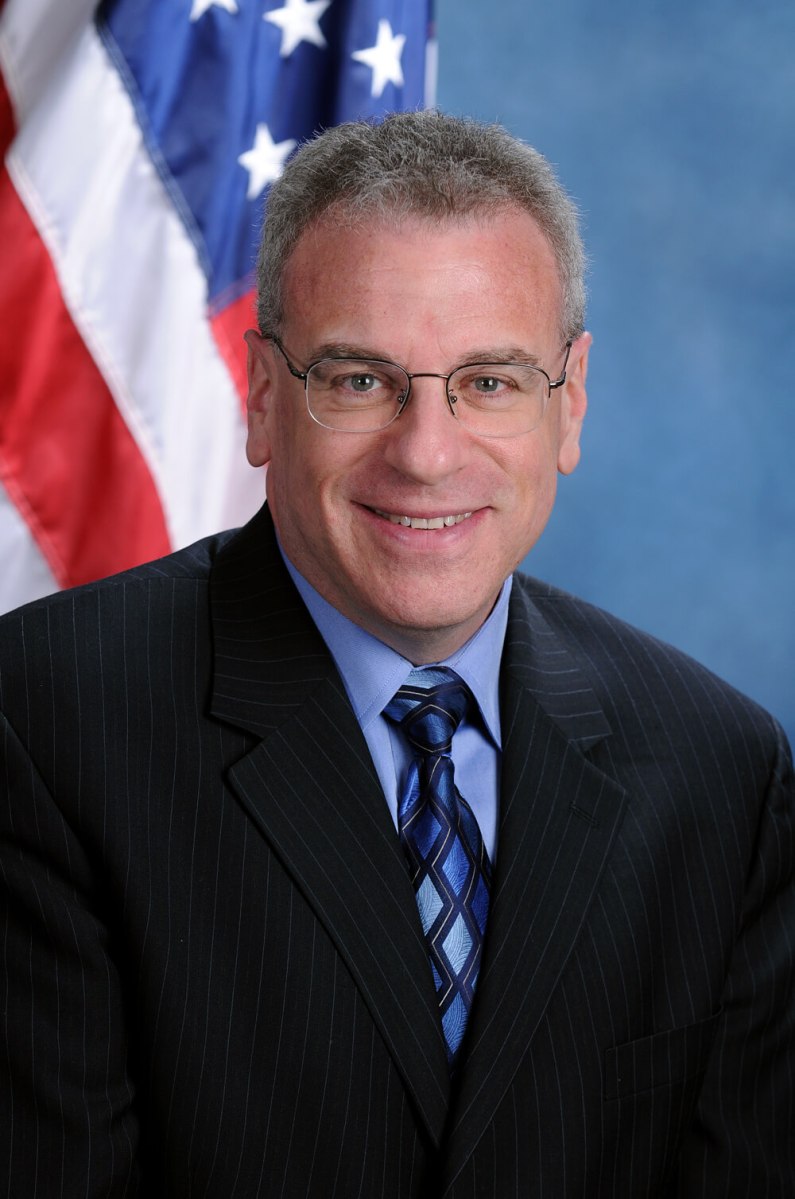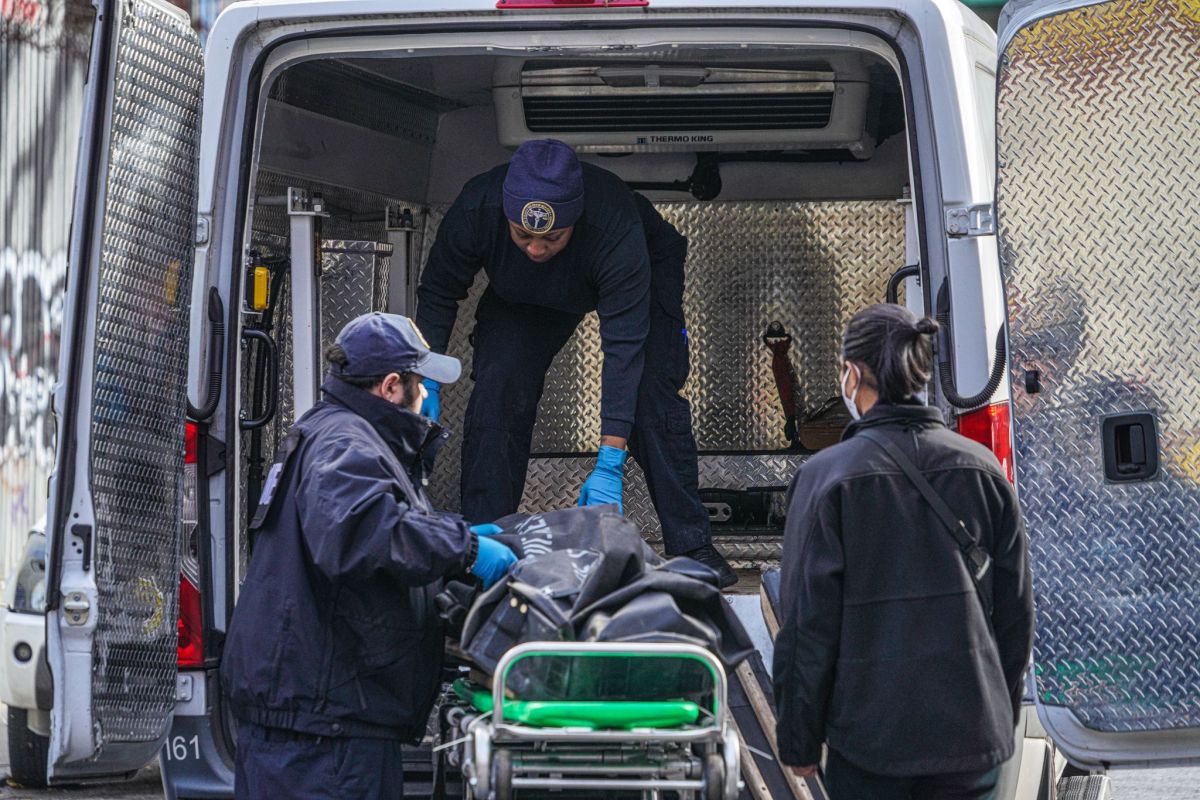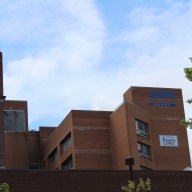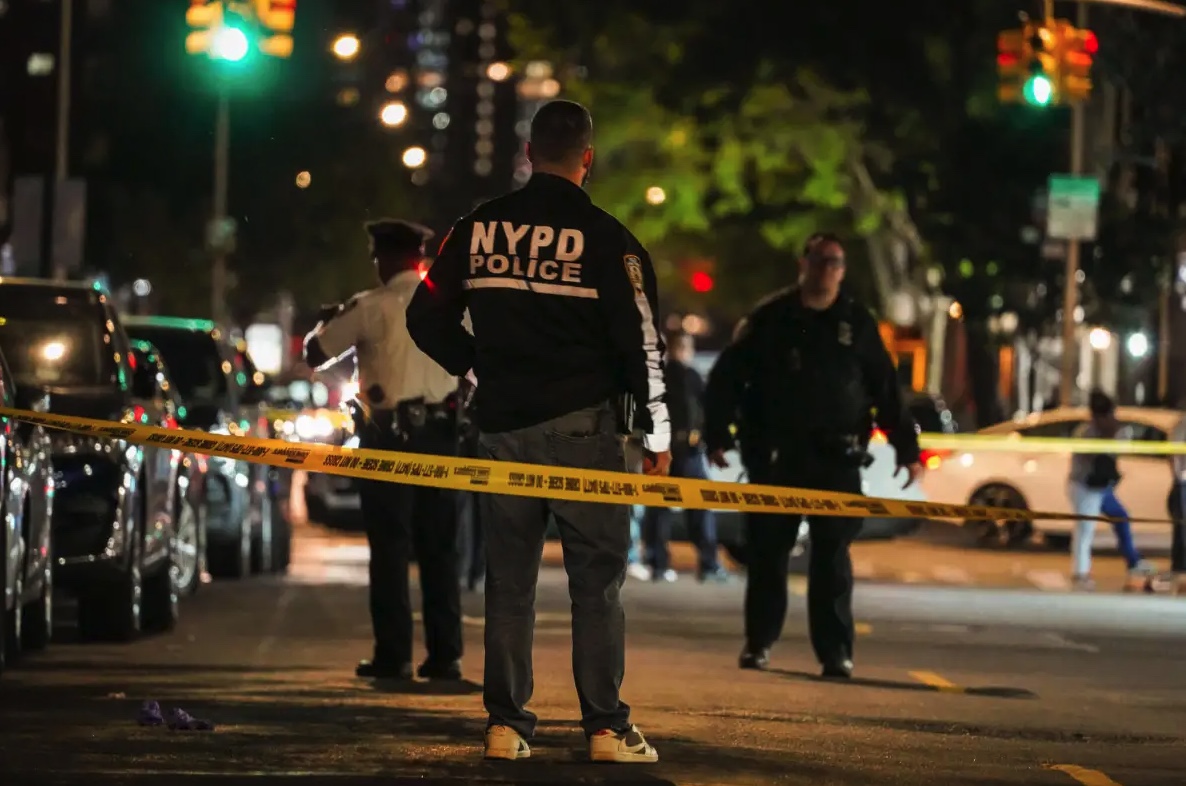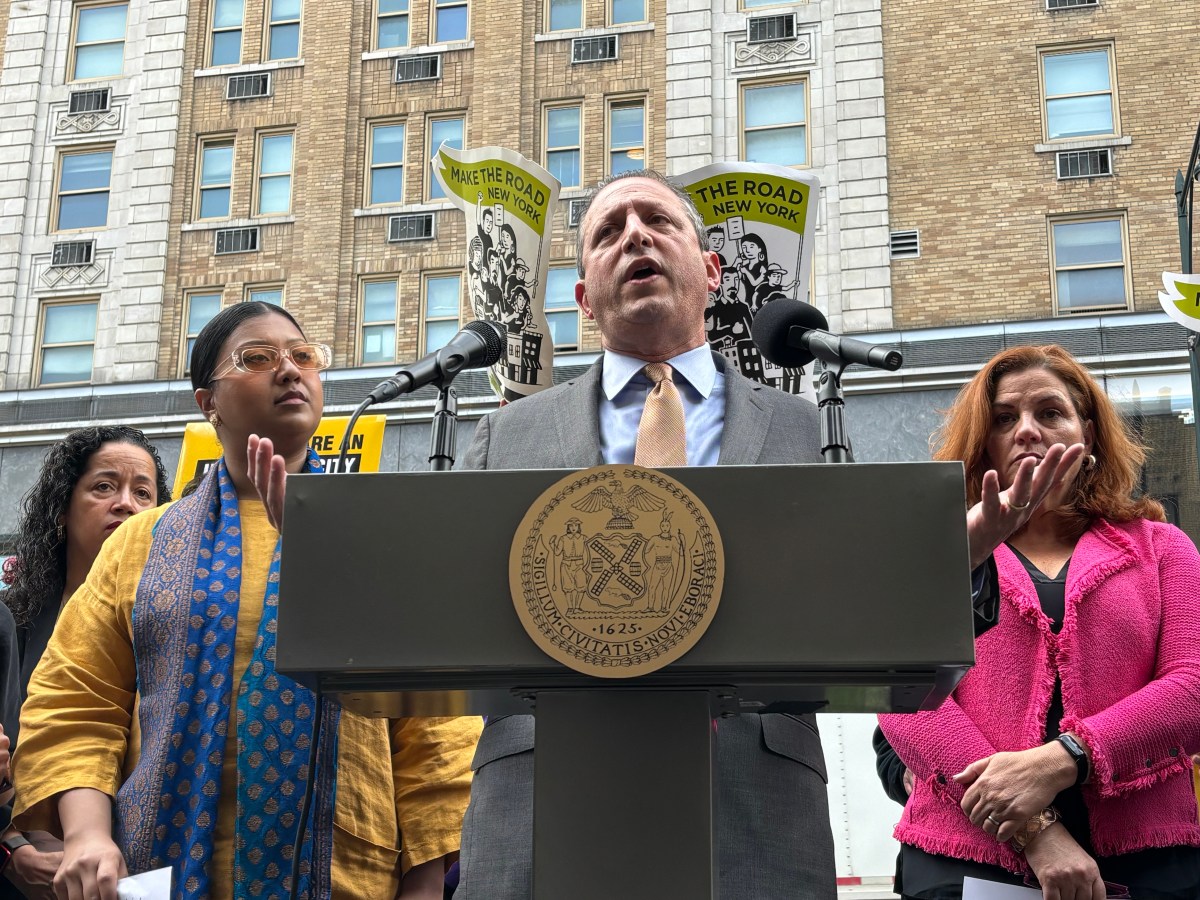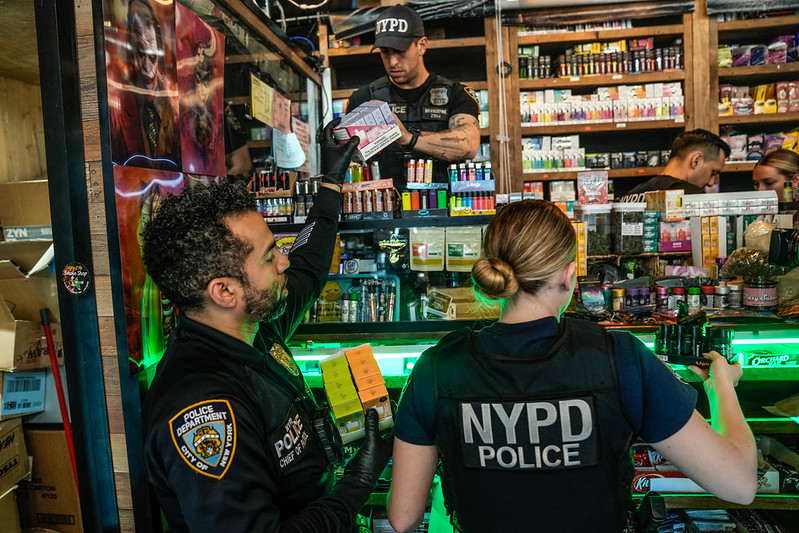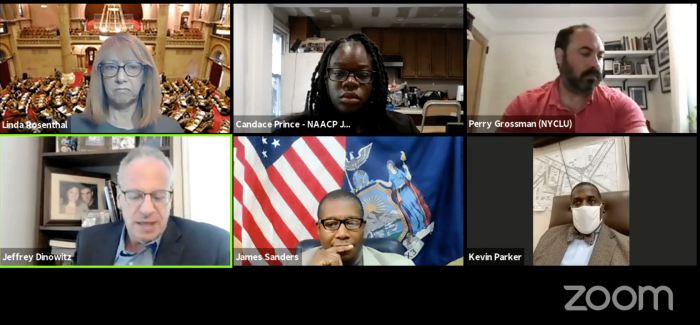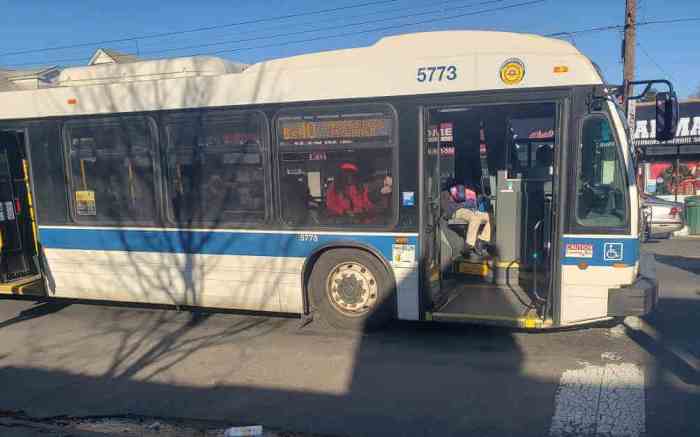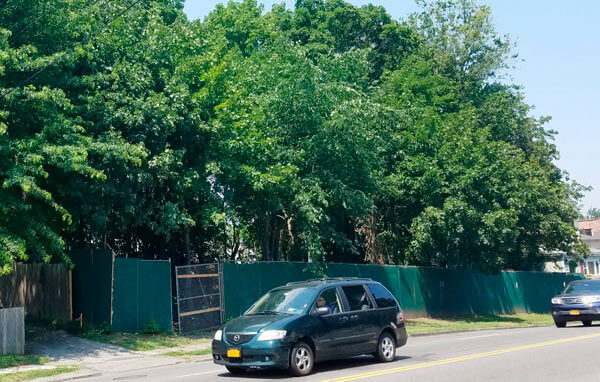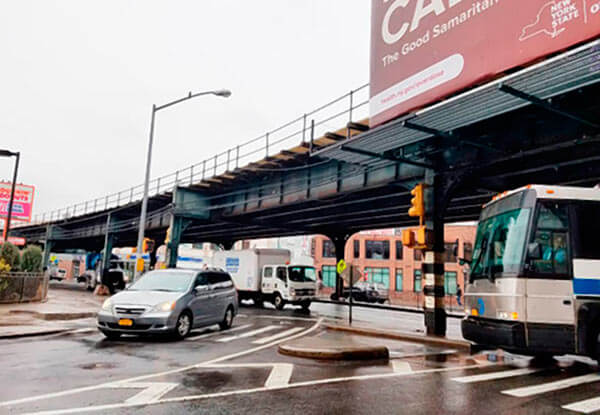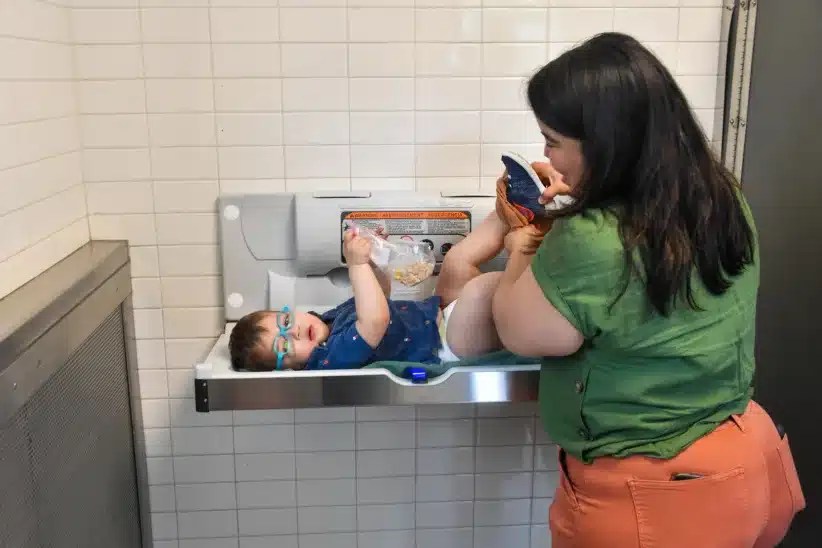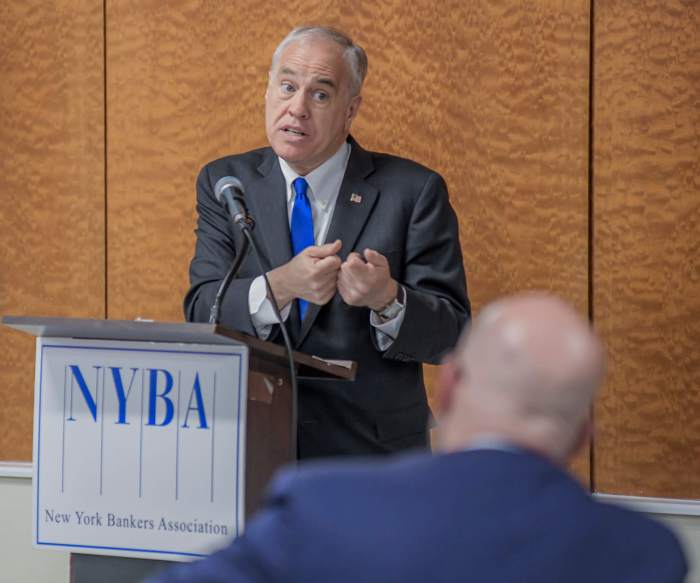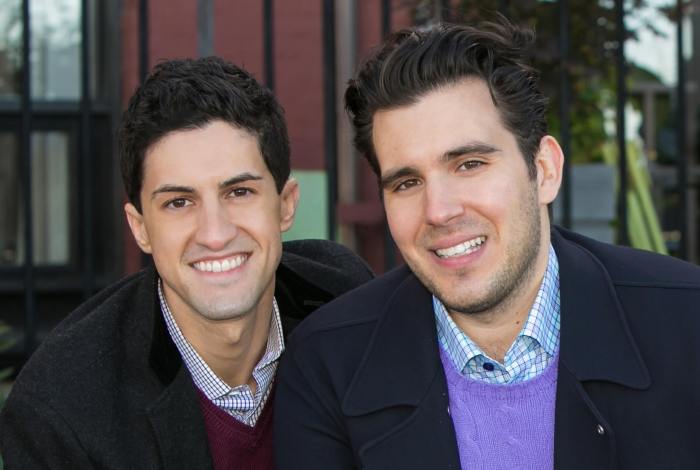Two city political figures are calling on the federal government to get on board with MTA funding to make public transit more accessible throughout the five boroughs.
The Bronx’s assemblyman Jeffrey Dinowitz and Brooklyn’s state senator Andrew Gounardes along with other advocates rallied on Wednesday morning on behalf of riders who have disabilities regarding “key accessibility commitments that so far remain unmade.”
Those commitments relate to 2019 legislation made by the two lawmakers which sought feedback from riders groups and transit advocates on how to make the city’s subways more accessible; one of those motions was on how to equitably prioritize subway stations for accessibility upgrades, was signed into law earlier this month.
Other calls to action include: codify the timeline of making at least 50 additional subway stations accessible in the 2020 to 2024 capital program, 130 new accessible stations in the 2025 to 2029 capital program, and all remaining stations in the 2030 to 2034 capital program.
Also to require that any station closure or substantial renovation six months or longer must include full accessibility as a key element as well as providing real-time, up-to-date, and accurate information regarding elevator outages and alternate routing and make this data available by use of a third-party.
Other design and maintenance practices have also been urged by Dinowitz and Gounardes as well.
“Funding capital improvements to bring our subway system into compliance with federal disability requirements is something the federal government should have been doing regardless of pandemic, but right now it is even more critical that Congress include the full funding request by MTA Chairman Foye and Governor Cuomo,” Dinowitz said.
According to his office, one major revenue stream that was intended to help pay for future capital projects such as subway elevators was the start of congestion pricing in January 2021, but delays from the current United States Department of Transportation have potentially halted that start until 2023.
Dinowitz’s office was also harsh on the USDOT, stating it has been “increasingly criticized for an outdated funding formula that mandates 80 percent of federal transportation funds go towards highways.”
“Without this funding, New Yorkers with disabilities will wait even longer for things like new elevators in the Bronx and that is unacceptable. Equal access to our mass transit system is a human right and it is imperative that our federal government do everything it can to ensure that all Americans are able to move around efficiently, safely, and affordably,” Dinowitz added.
Transit experts and advocates have suggested that an even split of that funding would make a significant difference in transit agencies’ ability to modernize subway systems, according to the assemblyman’s office.

